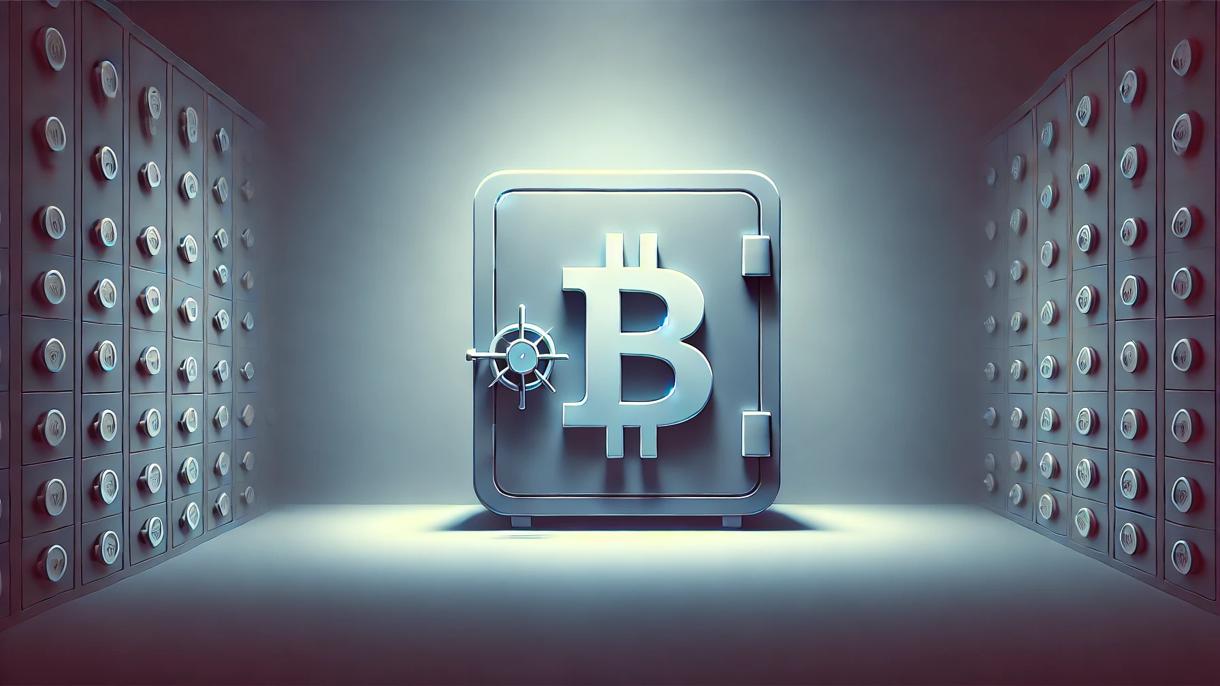IMPORTANT POINTS:
- An estimated 1.5 million Bitcoin are “probably lost.”
- The lost Bitcoins reinforce the scarcity, raising their value in the long term.
- Bitcoin’s decentralization means that if the private keys are lost, the tokens cannot be recovered.
The growing trade deficit, a $35 trillion debt, and the steady loss of the US dollar’s purchasing power have long been key pillars of the bull case for Bitcoin. Even a possible victory for Donald Trump in the November elections has been attributed to the recent bullish behavior of the largest cryptocurrency in the world.
Bitcoin (BTC), the largest cryptocurrency, is just a few percentage points away from reaching a new all-time high. However, there is one structural bullish case that isn’t talked about much, even though it could have a considerable impact on the long-term price of Bitcoin: tokens lost due to death or poor planning.
The loss of Bitcoins after the death of Satoshi Nakamoto
This argument arose recently with the latest controversy surrounding the possible unmasking of the pseudonymous creator of Bitcoin, Satoshi Nakamotoin an HBO documentary that was released this month. Before its release, some theorized that its identity could be that of American programmer Len Sassaman, who died in 2011.
If Satoshi Nakamoto were deceased, that could alleviate a major fear that has haunted the Bitcoin market for years: that the person could sell your estimated million Bitcoins. This represents a substantial percentage of the 21 million bitcoins that will exist, and a sell-off of this magnitude has long been feared as a bearish event for the token.
If Satoshi did not leave clear instructions for transferring the assets upon his death, then the fixed supply of 21 million Bitcoins is probably closer to 20 million. Sean Farrell, head of digital asset strategy at Fundstrat, highlighted this dynamic in a note earlier this month.
What would happen if the supply of Bitcoin is less?
“There is a slight upside risk if they identify someone who is deceased, as this would effectively ‘burn’ the Satoshi supply forever. The true supply of Bitcoin is certainly less than 21 million. It’s something we all know is true, but it’s almost impossible to verify.”
Farrell told Business Insider.
This is also because losing Bitcoin is relatively easyeven being alive.
Lost Bitcoins are essentially “burned,” decreasing the amount available for investors to purchase, reinforcing a basic economic principle: less supply with constant or increasing demand leads to higher prices.
How many bitcoins have been lost?
Farrell estimates that around 1.5 million Bitcoinsor approximately 7.5% of the total supply, could be considered “probably lost” because they haven’t moved since the launch of the first Bitcoin exchange in 2010, about a year after the cryptocurrency was created.
An article from The New Yorker in 2021 profiled a man in Wales who lost a trove of Bitcoins, at the time valued at about $500 million, when he accidentally threw a hard drive containing his stash of Bitcoins into a trash can.
“It is likely that only with the passage of time will we be able to get an idea of how much Bitcoin supply has actually been lost.”
Farrell.
Bitcoin storage and cold wallets
Sophisticated investors who own a large amount of Bitcoin often store the cryptocurrency in encrypted cold wallets to protect against hacks. In these cases, it means that the Bitcoin is not on an exchange platform like Coinbase, which has a recovery process for family members of deceased clients.
Instead, it is often stored on a physical USB device that may appear insignificant at first glance and could easily be lost or unnoticed during the cleanup of a property after a person’s death.
Bitcoin, being a decentralized cryptocurrency, means that no bank or authority can access or recover the assets without the private key of the wallet or hard drive.
What happens if the private key is lost?
“Unlike traditional financial accounts, there is no institution to contact to recover your cryptocurrency. If no one has your private key, the funds will be permanently locked.
If you store your Bitcoin in a cold wallet and die without giving someone access to your private recovery keys or recovery phrases, your Bitcoin could be lost forever.”
Eric Lemieux, CEO of Wealthica, told Business Insider.
Lemieux said it is imperative for Bitcoin investors who keep the asset in a cold wallet to ensure that estate planning “include your private key or recovery phrase through a securely stored encrypted document or attorney”.
Otherwise, more lost Bitcoins could mean even higher prices for the cryptocurrency.
